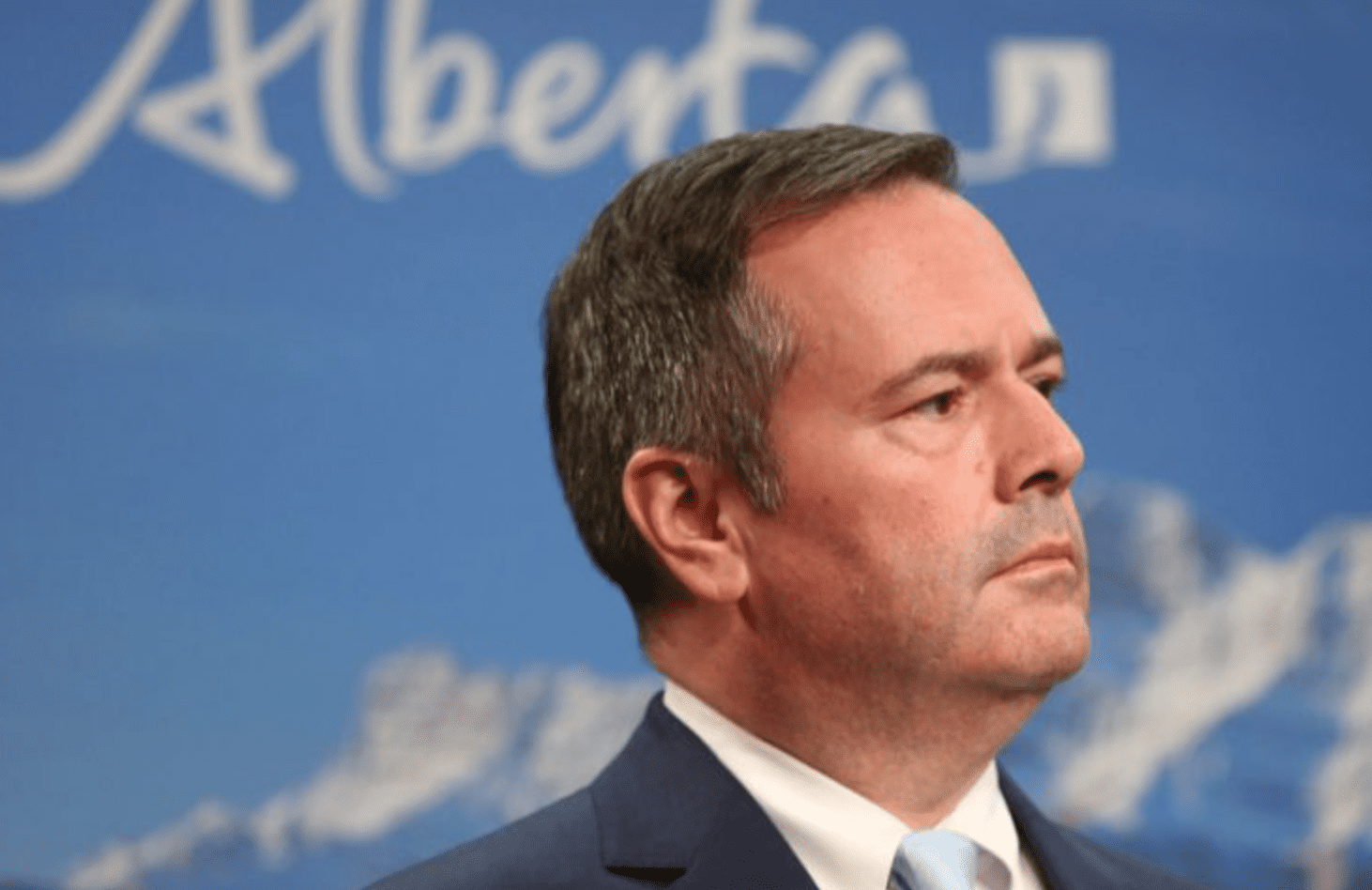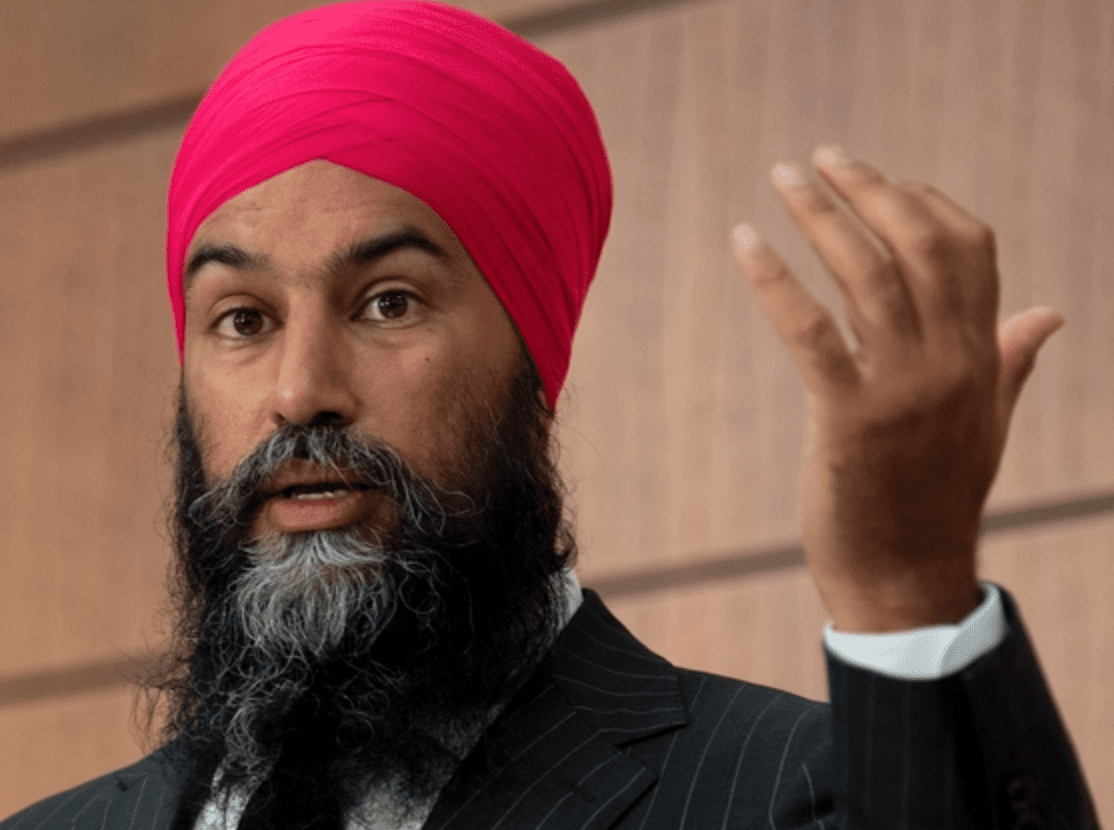Thanks to leaked staff meeting tapes, the power dynamic between Alberta's Chief Medical Officer of Health Deena Hinshaw and the government is crystal clear.
And it's the typical middle manager/consultant position — you give your best advice which may or may not be accepted, and then defend whatever the big boss finally decides.
The leak, reported last week by CBC, reinforces what we should already know the pandemic response in Alberta, and every province, is political. The final decisions on how the government reacts to Covid are made by the politicians, not physicians, for better or worse.
The logistics meeting tapes between the medical officer of health and her team reveal that Hinshaw is sometimes frustrated by cabinet response to her advice. In one taped meeting on how to approach government with a new suggestion, she harks back to an earlier battle on a type of testing which involved "a bloody and excruciating campaign."
Pandemic decisions are life and death. Of course they engender intense scrutiny and debate. It would be bizarre if there weren't some tensions and stresses in the process.
Cabinet and Premier Jason Kenney weigh more than purely medical factors. Kenney's fond of repeating the phrase "lives and livelihoods" in his newsers on the pandemic, making it clear the economy is also top of mind.
How much Albertans of every stripe will accept by way of restrictions also has to be factored in. The UCP's history of emboldening the libertarian strain of conservatism in the province has come back to bite the government during this pandemic.
No matter how sound the medical evidence may be for heavy restrictions and masking policies, rules cannot be effective if a large segment of the population just decides not to comply.
Even Hinshaw recognizes this.
"I feel like we are starting to lose social licence for the restrictive model, and I think we are being asked to then move into the permissive model," she said on one of the secret tapes.
Ironically, leaking of the meeting tapes forced Hinshaw to come out strongly in defence of the government.
"I was not elected by Albertans. The final decisions are up to elected officials who were chosen by Albertans. This is how democracy works," she said, adding that she feels she has been respected in her dealings with the government.
She excoriated the whistleblower, saying she has feels betrayed by the leak and she is "profoundly disappointed" that a member of her team would breach the confidentiality of a staff meeting.
Clearly an inquisition is in the works.
But Hinshaw should be thanking that whistleblower.
For months opponents of the government's policies on Covid have taken to social media to attack Hinshaw as the architect of the response. There is even a "Hinshaw resign" hashtag making the Twitter rounds. Both left and right advocates of more or less restriction have attributed far too much power to the CMOH.
Kenney has been happy to use that impression for political cover, using the "on the advice of our medical experts" line a few too many times when justifying decisions. His recent disappearing act as the Covid-case count mounted also left Hinshaw hanging out as the public front for the government's inaction.
Every day at her press conferences the CMOH bravely faced the barrage of reporters' questions which would better have been put to her political masters.
Hinshaw does not see her role as being similar to White House coronavirus advisor Dr. Anthony Fauci. She keeps her personal opinion largely to herself. Apparently neither the Hinshaw model or the Fauci model holds much sway over a political boss with a strong agenda of their own.
Albertans need to stop blaming the advisor and ask the big questions of the premier himself.
And Hinshaw should be free to refer Covid policy questions to the actual decision makers rather than leaving the impression that she is the one driving that particular bus.
Photo Credit: Edmonton Journal








